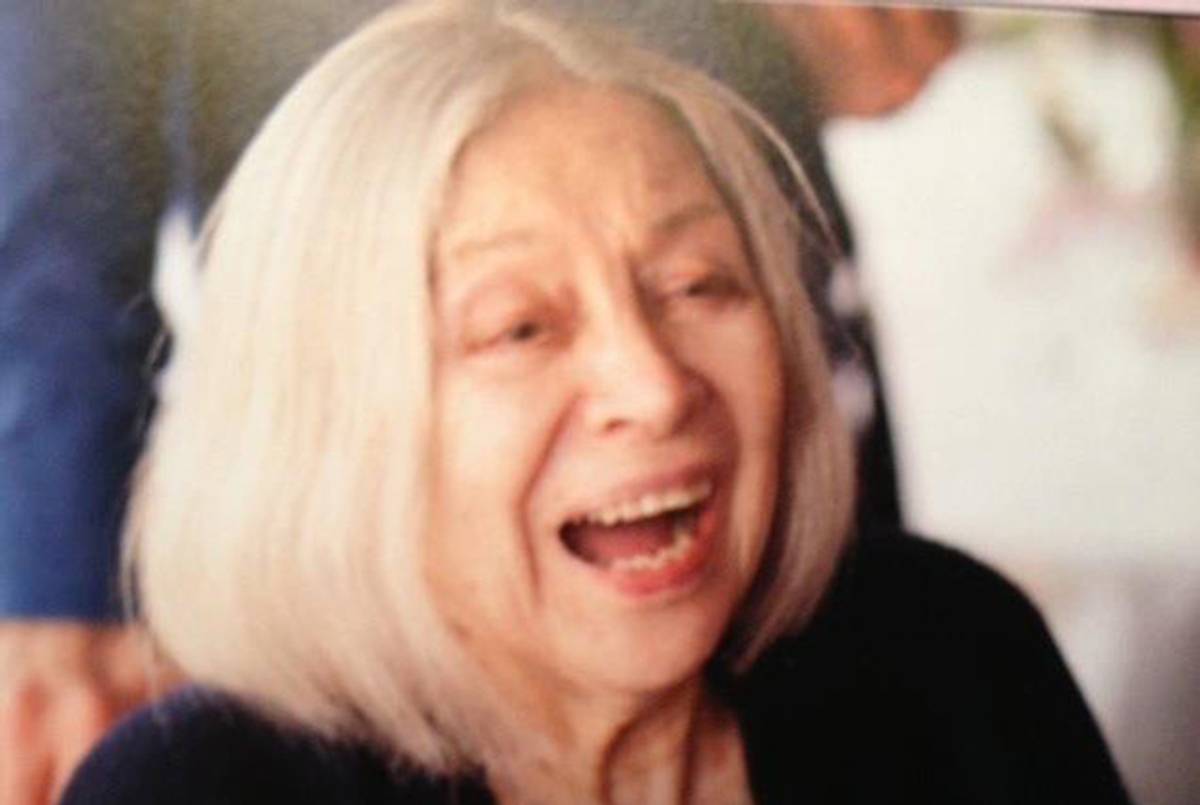
Mira Rothenberg, a holocaust survivor and influential child psychologist who cared for orphans of concentration camps and children with autism, died at the age of 93 on April 16, the New York Times reported yesterday.
Rothenberg was born in Vilnius, Lithuania in 1922. Her father, Jacob Kowarski, perished in World War II, and her mother, Rose Joffe, a dentist, escaped to America with Rothenberg’s two younger siblings during the war.
In 1939, Rothenberg moved to New York where she began her life’s work. She volunteered at a local synagogue to care for orphans who had been rescued from European concentration camps. As a student, Rothenberg studied psychology and education at Brooklyn College and Columbia University, and later graduated with a masters in psychology from Yeshiva University.
In the summer of 1958, Rothenberg (a trained psychologist by this point) and two colleagues—therapists Zev Spanier and Tev Goldsman, who she later married—decided to bring 11 autistic and schizophrenic child patients to a camp in Raquette Lake in the Adirondack region of Northern New York. This summer influenced their careers for decades to come.
Their experiences with these children, considered “helpless cases” by the medical community in New York, inspired Rothenberg and Goldsman to open Blueberry Treatment Centers, a therapeutic agency for treatment of autistic and schizophrenic children in Brooklyn. According to the New York Times, by the 1990’s, the center was providing services to more than 200 children and adolescents in the area.
In her 2012 book, The Children of Raquette Lake: One Summer That Helped Change the Course of Treatment for Autism, Rothenberg wrote: “It was the beginning of the recognition that these children exist and have a right to life… and a change in public perception of and attitude toward these kinds of children—autistic (or as they were often misdiagnosed, schizophrenic), and those suffering from childhood schizophrenia.”
Rothenberg’s first book, Children with Emerald Eyes: Histories of Extraordinary Boys and Girls, released in 2003, included difficult stories of some of the children she helped to care for.
In a public Facebook message posted one month before her death, Rothenberg wrote that she had received a beautiful message about her first book from a woman studying psychology in the Philippines. “It does my heart good to know that someone out there would go as far as you went to understand people nobody dared to,” the woman wrote to Rothenberg. “And those you couldn’t win over you loved, and respected just the same, even when it’s difficult.”
Rothenberg, who spoke Yiddish, Russian, and Polish, is survived by Akiva Goldsman, her only son who is a renowned Hollywood screenwriter. Goldsman won the Academy Award for Best Screenplay for his work in adapting Sylvia Nasar’s A Beautiful Mind, and worked on other films including Batman Forever, Batman and Robin and The Da Vinci Code.
In 2002, after taking home the prize for A Beautiful Mind, Goldsman told the Los Angeles Times that his mother was his most important critic. “She is a Holocaust survivor, so she’s seen the real monsters that people are running from in their minds,” he said. “It meant a lot to me that she enjoyed the film, because what’s up there on screen comes from what I learned from her. If nothing else, it honors what she’s been working on her whole life.”
Tal Trachtman Alroy is an intern at Tablet.